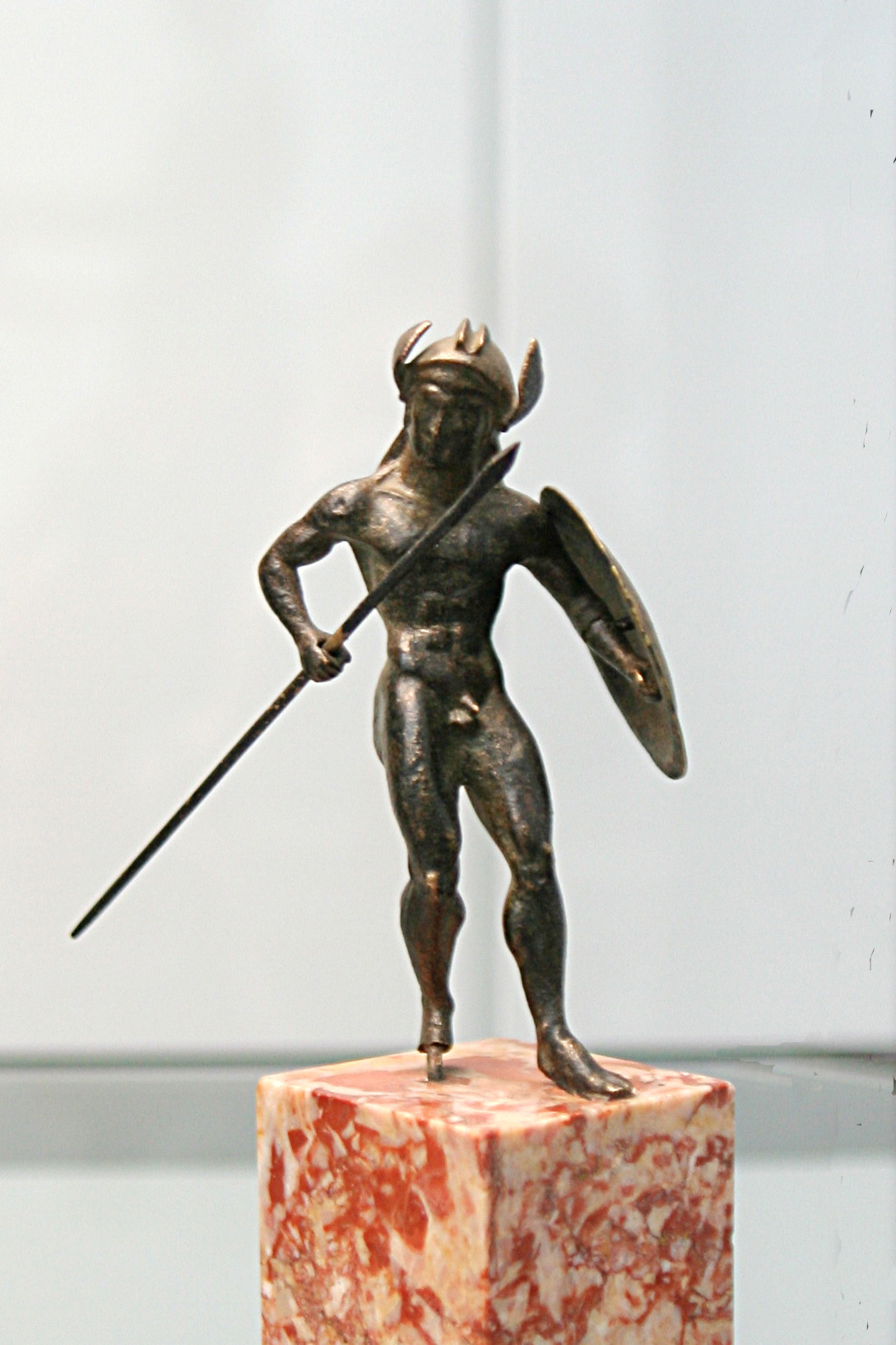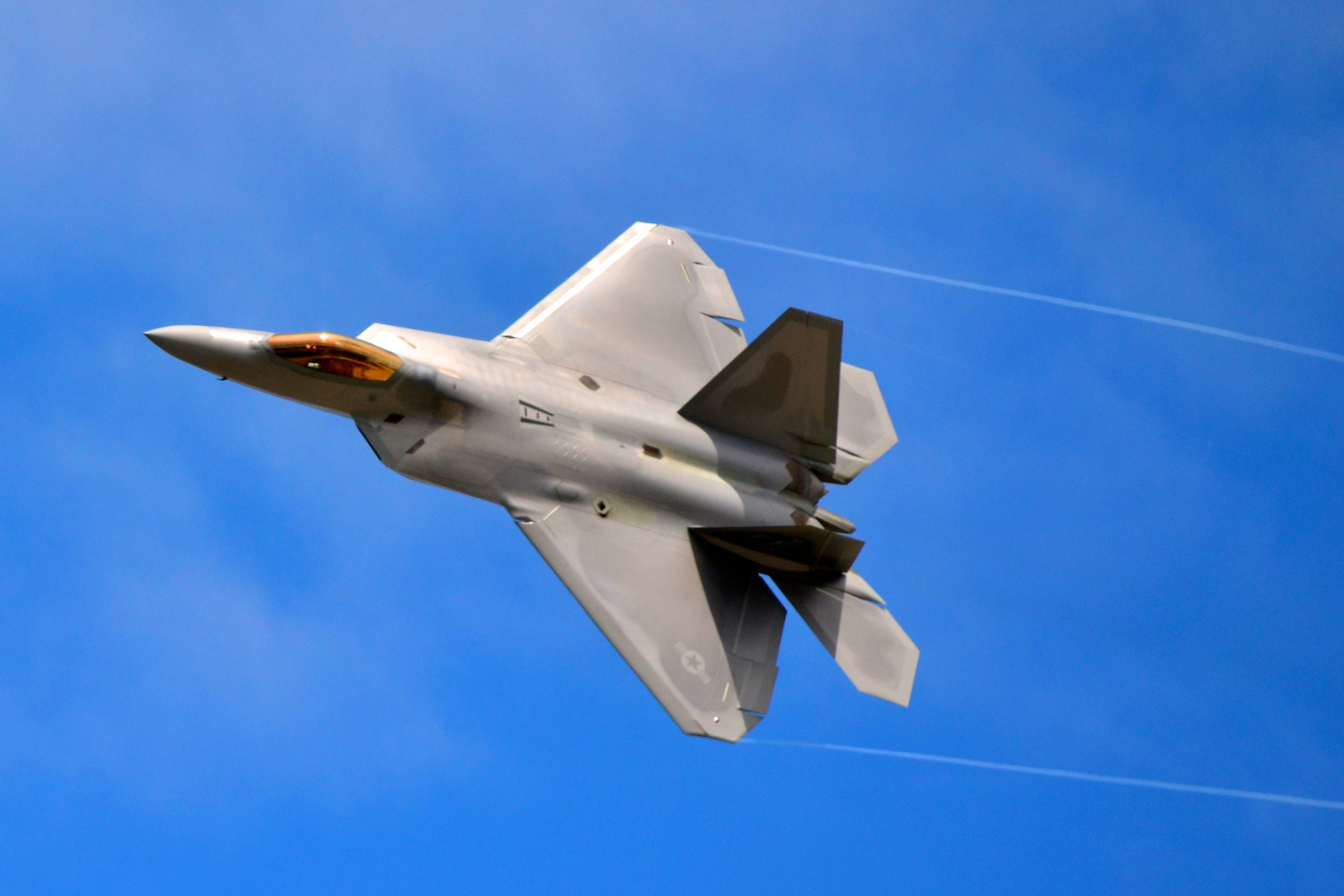|
John Buckley (historian)
John D. Buckley (born 27 March 1967) is Professor of Military History at the University of Wolverhampton. He teaches and publishes on twentieth-century military history and strategic studies, especially on air power and the final year of World War II. Career His books and articles analyse maritime air power in the inter-war period and during World War II, most notably a study of RAF Coastal Command, and on various other aspects of air power including strategic bombing, British inter-war defence policy, and air power and total war. His works include ''RAF and Trade Defence 1919-1945: Constant Endeavour'' (1995), ''Air Power in the Age of Total War'' (1999), ''British Armour in the Normandy Campaign'' (2004) and the edited collection, ''The Normandy Campaign 1944: Sixty Years On'' (2006). With George Kassimeris, he is editor of ''The Ashgate Companion to Modern Warfare'' (2009). His most recent work is ''Monty's Men: The British Army and the Liberation of Northwest Europe, ... [...More Info...] [...Related Items...] OR: [Wikipedia] [Google] [Baidu] |
Military History
Military history is the study of War, armed conflict in the Human history, history of humanity, and its impact on the societies, cultures and economies thereof, as well as the resulting changes to Politics, local and international relationships. Professional historians normally focus on military affairs that had a major impact on the societies involved as well as the aftermath of conflicts, while amateur historians and hobbyists often take a larger interest in the details of battles, equipment, and uniforms in use. The essential subjects of military history study are the causes of war, the social and cultural foundations, Doctrine#Military usage, military doctrine on each side, the logistics, leadership, technology, strategy, and military tactics, tactics used, and how these changed over time. On the other hand, just war theory explores the moral dimensions of warfare, and to better limit the destructive reality caused by war, seeks to establish a doctrine of military ethics. ... [...More Info...] [...Related Items...] OR: [Wikipedia] [Google] [Baidu] |
Ashgate Publishing
Ashgate Publishing was an academic book and journal publisher based in Farnham (Surrey, United Kingdom). It was established in 1967 and specialised in the social sciences, arts, humanities and professional practice. It had an American office in Burlington, Vermont, and another British office in London. It is now a subsidiary of Informa (Taylor & Francis). The company had several imprints including Gower Publishing which published professional business and management titles; Lund Humphries, originally established in 1939, which published illustrated art books, particularly in the field of modern British art; and Dartmouth. In March 2015, Gower unveiled GpmFirst, a web-based community of practice allowing subscribers access to more than 120 project management titles, as well as discussions and articles relevant to business and project management. In July 2015, it was announced that Ashgate had been sold to Informa for a reported £20M, and Lund Humphries was relaunched, as an ... [...More Info...] [...Related Items...] OR: [Wikipedia] [Google] [Baidu] |
Academics Of The University Of Wolverhampton
Academic means of or related to an academy, an institution learning. Academic or academics may also refer to: * Academic staff, or faculty, teachers or research staff * school of philosophers associated with the Platonic Academy in ancient Greece * The Academic, Irish indie rock band * "Academic", song by New Order from the 2015 album ''Music Complete'' Other uses *Academia (other) *Academy (other) *Faculty (other) Faculty or faculties may refer to: Academia * Faculty (academic staff), professors, researchers, and teachers of a given university or college (North American usage) * Faculty (division), a large department of a university by field of study (us ... * Scholar, a person who is a researcher or has expertise in an academic discipline {{Disambiguation ... [...More Info...] [...Related Items...] OR: [Wikipedia] [Google] [Baidu] |
Historians Of Armoured Warfare
A historian is a person who studies and writes about the past and is regarded as an authority on it. Historians are concerned with the continuous, methodical narrative and research of past events as relating to the human species; as well as the study of all history in time. Some historians are recognized by publications or training and experience.Herman, A. M. (1998). Occupational outlook handbook: 1998–99 edition. Indianapolis: JIST Works. Page 525. "Historian" became a professional occupation in the late nineteenth century as research universities were emerging in Germany and elsewhere. Objectivity Among historians Ancient historians In the 19th century, scholars used to study ancient Greek and Roman historians to see how generally reliable they were. In recent decades, however, scholars have focused more on the constructions, genres, and meanings that ancient historians sought to convey to their audiences. History is always written with contemporary concerns and ancient hist ... [...More Info...] [...Related Items...] OR: [Wikipedia] [Google] [Baidu] |
British Military Historians
British may refer to: Peoples, culture, and language * British people, nationals or natives of the United Kingdom, British Overseas Territories and Crown Dependencies. * British national identity, the characteristics of British people and culture * British English, the English language as spoken and written in United Kingdom of Great Britain and Northern Ireland and, more broadly, throughout the British Isles * Celtic Britons, an ancient ethno-linguistic group * Brittonic languages, a branch of the Insular Celtic language family (formerly called British) ** Common Brittonic, an ancient language Other uses *People or things associated with: ** Great Britain, an island ** British Isles, an island group ** United Kingdom, a sovereign state ** British Empire, a historical global colonial empire ** Kingdom of Great Britain (1707–1800) ** United Kingdom of Great Britain and Ireland (1801–1922) * British Raj, colonial India under the British Empire * British Hong Kong, colonial ... [...More Info...] [...Related Items...] OR: [Wikipedia] [Google] [Baidu] |
Living People
Purpose: Because living persons may suffer personal harm from inappropriate information, we should watch their articles carefully. By adding an article to this category, it marks them with a notice about sources whenever someone tries to edit them, to remind them of WP:BLP (biographies of living persons) policy that these articles must maintain a neutral point of view, maintain factual accuracy, and be properly sourced. Recent changes to these articles are listed on Special:RecentChangesLinked/Living people. Organization: This category should not be sub-categorized. Entries are generally sorted by family name In many societies, a surname, family name, or last name is the mostly hereditary portion of one's personal name that indicates one's family. It is typically combined with a given name to form the full name of a person, although several give .... Maintenance: Individuals of advanced age (over 90), for whom there has been no new documentation in the last ten ... [...More Info...] [...Related Items...] OR: [Wikipedia] [Google] [Baidu] |
Air Force Historians
An atmosphere () is a layer of gases that envelop an astronomical object, held in place by the gravity of the object. A planet retains an atmosphere when the gravity is great and the temperature of the atmosphere is low. A stellar atmosphere is the outer region of a star, which includes the layers above the opaque photosphere; stars of low temperature might have outer atmospheres containing compound molecules. The atmosphere of Earth is composed of nitrogen (78%), oxygen (21%), argon (0.9%), carbon dioxide (0.04%) and trace gases. Most organisms use oxygen for respiration; lightning and bacteria perform nitrogen fixation which produces ammonia that is used to make nucleotides and amino acids; plants, algae, and cyanobacteria use carbon dioxide for photosynthesis. The layered composition of the atmosphere minimises the harmful effects of sunlight, ultraviolet radiation, solar wind, and cosmic rays and thus protects the organisms from genetic damage. The current composition o ... [...More Info...] [...Related Items...] OR: [Wikipedia] [Google] [Baidu] |
British Military Writers
British may refer to: Peoples, culture, and language * British people, nationals or natives of the United Kingdom, British Overseas Territories and Crown Dependencies. * British national identity, the characteristics of British people and culture * British English, the English language as spoken and written in United Kingdom of Great Britain and Northern Ireland and, more broadly, throughout the British Isles * Celtic Britons, an ancient ethno-linguistic group * Brittonic languages, a branch of the Insular Celtic language family (formerly called British) ** Common Brittonic, an ancient language Other uses *People or things associated with: ** Great Britain, an island ** British Isles, an island group ** United Kingdom, a sovereign state ** British Empire, a historical global colonial empire ** Kingdom of Great Britain (1707–1800) ** United Kingdom of Great Britain and Ireland (1801–1922) * British Raj, colonial India under the British Empire * British Hong Kong, colonial ... [...More Info...] [...Related Items...] OR: [Wikipedia] [Google] [Baidu] |
British Army
The British Army is the principal Army, land warfare force of the United Kingdom. the British Army comprises 73,847 regular full-time personnel, 4,127 Brigade of Gurkhas, Gurkhas, 25,742 Army Reserve (United Kingdom), volunteer reserve personnel and 4,697 "other personnel", for a total of 108,413. The British Army traces back to 1707 and the Acts of Union 1707, formation of the united Kingdom of Great Britain which joined the Kingdoms of Kingdom of England, England and Kingdom of Scotland, Scotland into a Political union, single state and, with that, united the English Army and the Scots Army as the British Army. The Parliament of England, English Bill of Rights 1689 and Convention of the Estates, Scottish Claim of Right Act 1689 require parliamentary consent for the Crown to maintain a peacetime standing army. Members of the British Army swear allegiance to the Charles III, monarch as their commander-in-chief. The army is administered by the Ministry of Defence (United Kingd ... [...More Info...] [...Related Items...] OR: [Wikipedia] [Google] [Baidu] |
Air Power
Airpower or air power consists of the application of military aviation, military strategy and strategic theory to the realm of aerial warfare and close air support. Airpower began in the advent of powered flight early in the 20th century. Airpower represents a "complex operating environment that has been subjected to considerable debate".Royal Air Force''Role of Air Power''. Accessed on March 13, 2011. British doctrine defines airpower as "the ability to project power from the air and space to influence the behaviour of people or the course of events." The Australian Experience of Air Power defines Airpower as being composed of Control of the Air, Strike, Intelligence Surveillance and Reconnaissance, and Air Mobility roles.Royal Australian Air Force''AAP1000-D The Air Power Manual '' Accessed on March 13, 2011. Definition Airpower can be considered a function of air supremacy and numbers. Roughly speaking, a combatant side that has 100% or near 100% control of the ski ... [...More Info...] [...Related Items...] OR: [Wikipedia] [Google] [Baidu] |
Total War
Total war is a type of warfare that includes any and all (including civilian-associated) resources and infrastructure as legitimate military targets, mobilises all of the resources of society to fight the war, and gives priority to warfare over non-combatant needs. The term has been defined as "A war that is unrestricted in terms of the weapons used, the Territory (country subdivision), territory or combatants involved, or the objectives pursued, especially one in which the law of war, laws of war are disregarded." In the mid-19th century, scholars identified what later became known as total war as a separate class of warfare. In a total war, the differentiation between combatants and non-combatants diminishes due to the capacity of opposing sides to consider nearly every human, including non-combatants, as resources that are used in the war effort. Characteristics Total war is a concept that has been extensively studied by scholars of conflict and war. One of the most not ... [...More Info...] [...Related Items...] OR: [Wikipedia] [Google] [Baidu] |
Strategic Bombing During World War II
World War II (1939–1945) involved sustained strategic bombing of railways, harbours, cities, workers' and civilian housing, and industrial districts in enemy territory. Strategic bombing as a military strategy is distinct both from close air support of ground forces and from Air supremacy#World War II, tactical air power. During World War II, many military strategists of air power believed that air forces could win major victories by attacking industrial and political infrastructure, rather than purely military targets. Strategic bombing often involved bombing areas inhabited by Non-combatant, civilians, and some campaigns were deliberately designed to target civilian populations in order to terrorism, terrorize them or to weaken their morale. International law at the outset of World War II did not specifically forbid the aerial bombardment of cities – despite the prior occurrence of such bombing during World War I (1914–1918), the Spanish Civil War (1936–1939), and t ... [...More Info...] [...Related Items...] OR: [Wikipedia] [Google] [Baidu] |





